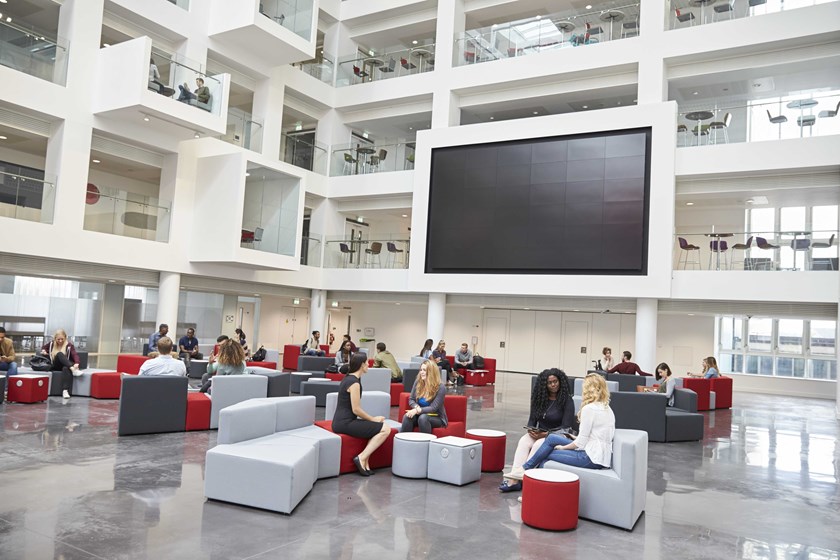Commissioners for HM Revenue & Customs v Brockenhurst College
Insight

In this case, HMRC was appealing against the finding of the Upper Tribunal that Brockenhurst College's supplies of catering and entertaining services – provided by catering and drama students as part of their training – were VAT exempt as being "closely related" to "the provision of children's or young people's education".
One of the main issues before the Tribunal was whether the exemption could apply where the recipients of the goods and services "closely related" to education were – as in the case of the catering and entertainment supplies made by the College – persons other than the students receiving the principal supply of education.
The parties considered, and the Court of Appeal agreed, that the question should be referred to the Court of Justice of the European Union. When the judgment was handed down, the final terms of the reference were still to be drafted, but the decision sets out a draft put together by the parties, asking whether:
1. supplies of restaurant and entertainment services made by an educational establishment to paying members of the public (who are not recipients of the principal supply of education) are "closely related" to the provision of education in circumstances where the making of those supplies is facilitated by the students (who are the recipients of the principal supply of education) in the course of, and as an essential part of, their education;
2. when determining whether supplies are "closely related" to the provision of education:
a) it is relevant that the students benefit by making the supplies rather than from receiving the subject matter of the supplies;
b) it is relevant that the supplies are not received by the students but by paying members of the public who are not receiving the principal supply of education;
c) it is relevant that, from the point of view of the paying members of the public, the supplies are an end in themselves rather than a means of better enjoying a supply of education;
d) it is relevant that, from the point of view of the students, the supplies are not an end in themselves but participating in making them represents a means of better enjoying the principal supply of education services;
e) the extent to which the principle of fiscal neutrality should be taken into account.
The European case may have implications for schools that offer similar services (eg selling tickets for concerts put on by music students as part of their musical education). We will inform you of the outcome when the European Court releases its judgment.
If you require further information on anything covered in this briefing please contact Rachel Holmes ([email protected]; 020 3375 7561) or your usual contact at the firm on 020 3375 7000.
This publication is a general summary of the law. It should not replace legal advice tailored to your specific circumstances.
© Farrer & Co LLP, March 2016







